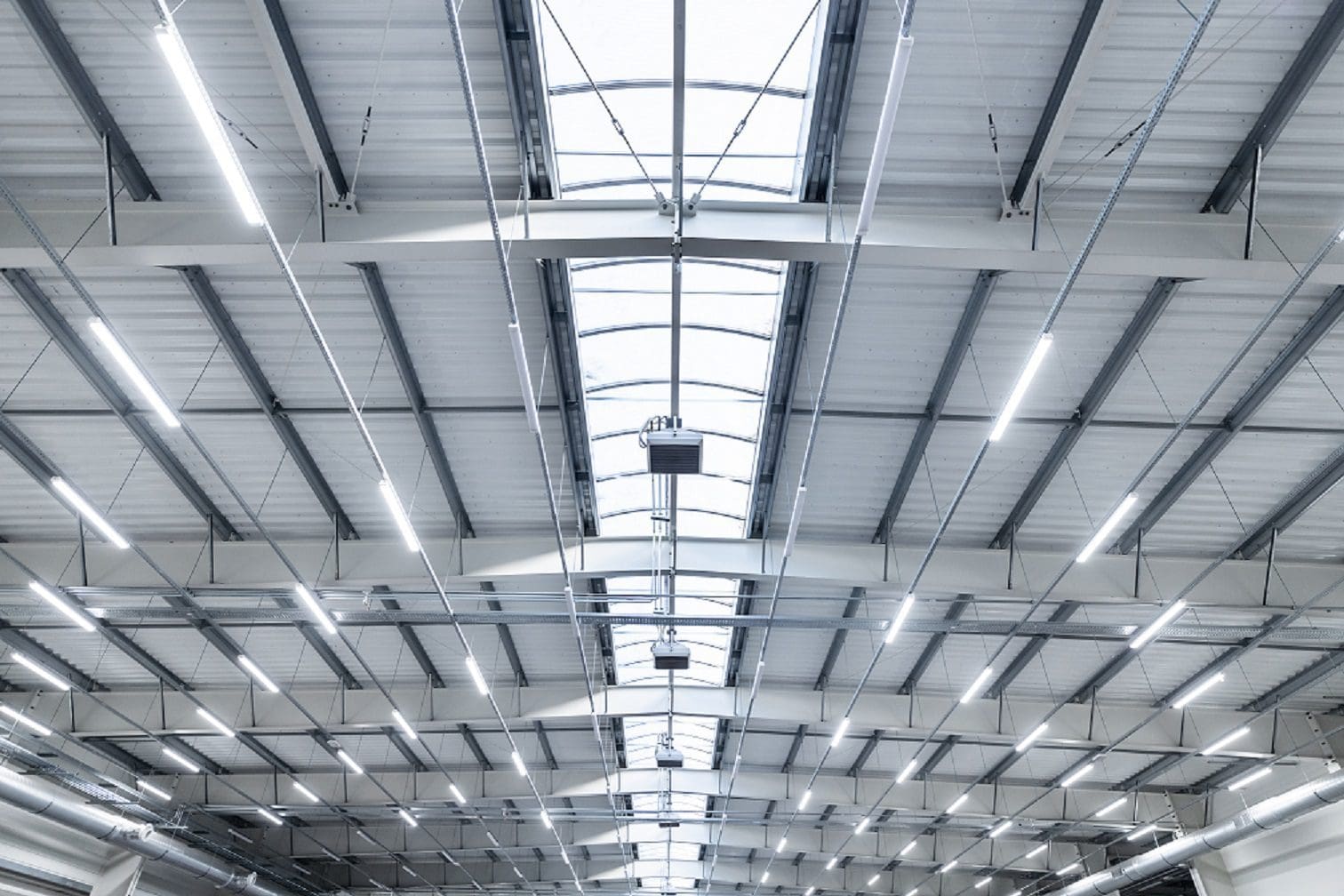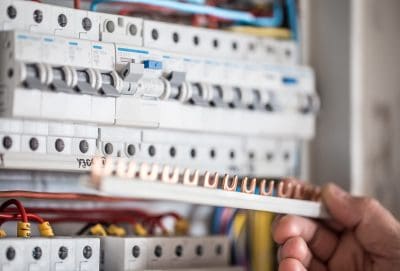Electrical Installation Projects
Fire Alarm Installation Services
Prioritise the safety of your business and staff with our expert Fire Alarm Installation services.
Explore how we work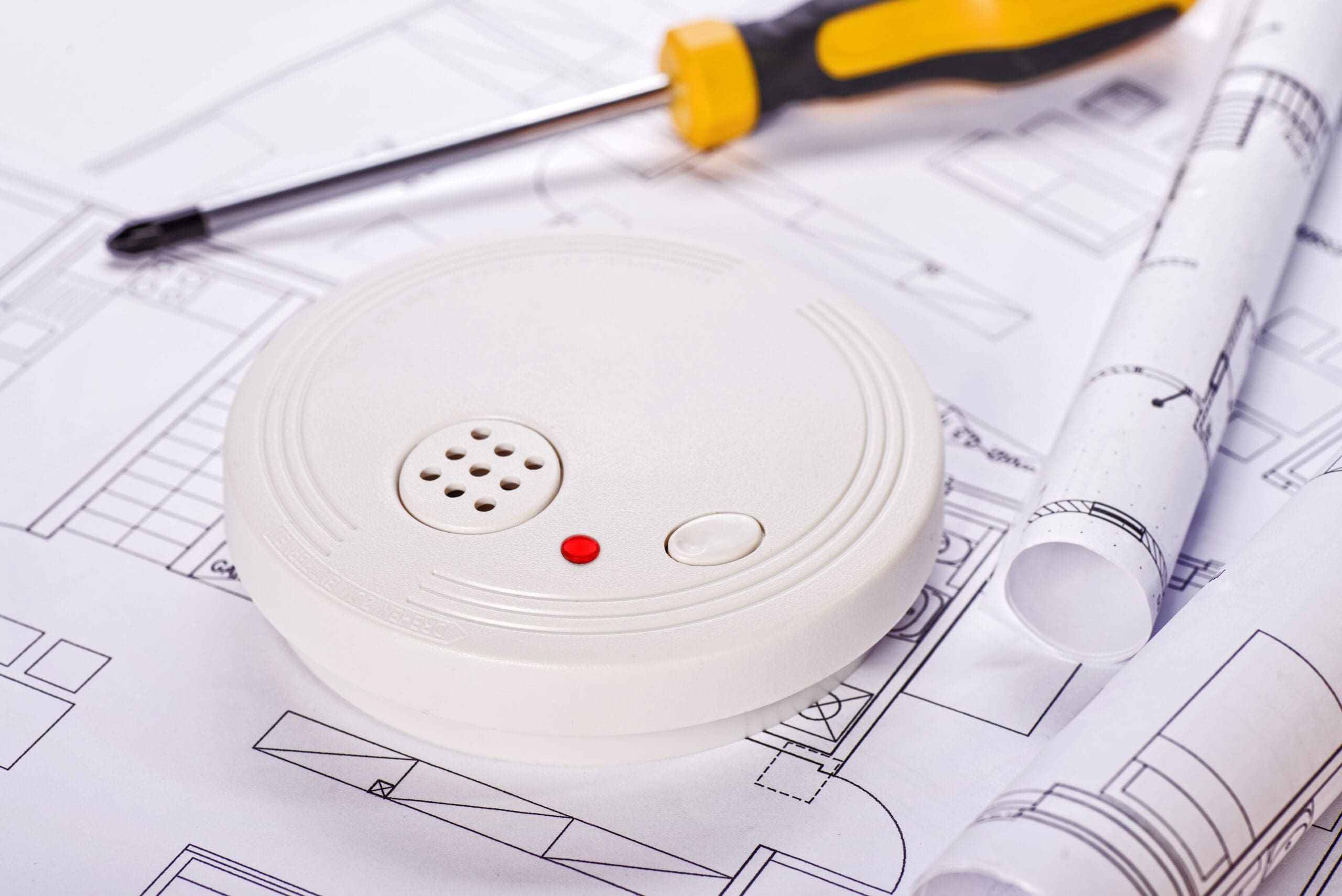
Interested? Let’s talk.
Send us an enquiry
What is Fire Alarm Installation?
We understand that fire safety is an essential part of any business or organisation. That’s why we take the time to understand your specific requirements and create a fire alarm system that is tailored to your needs.
We’re proud to say that we’re a leading provider of fire alarm installation services in the UK with a team of experienced and qualified engineers.
At BES Group, we provide a comprehensive range of services, from initial consultation and design to installation and maintenance. Ultimately we understand the importance of fire safety and we will work with you to create a system that is tailored to your needs and offer a range of maintenance and monitoring services to help you keep your fire alarm system in top condition.
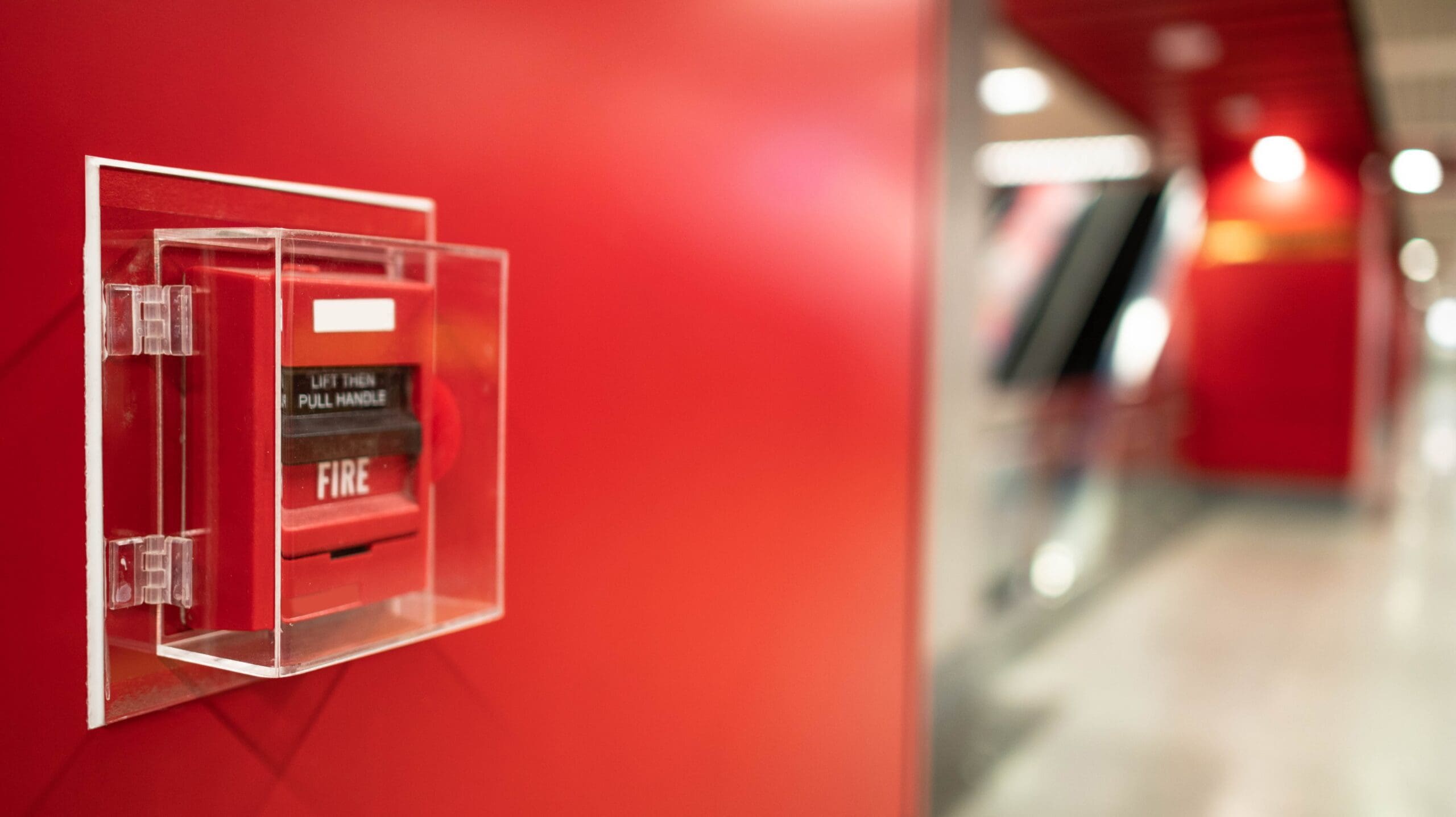
Who we've partnered with...





Key benefits of Fire Alarm Installation Services
Protection
With our expert Fire Alarm Installation service, we can help to protect you and your people from fire.
Reduced risk
By having Fire Alarms installed, you’ll be notified of a fire at the first instance. This means that emergency responders can arrive to potentially limit significant fire damage before it occurs.
Maintain compliance
Fire Alarm Installation can help you maintain compliance with regulations in the UK by ensuring that your Fire Alarm system is installed and maintained in accordance with the relevant standards.
Let's talk Fire Alarm Installation Services
Send one of the team a message
Not seeing what you expected?
Try using our search
Explore what our clients say
How we’ll work with you
Throughout our Fire Alarm installation process, our team of specialist electrical engineers will follow a series of steps to guarantee the utmost quality in every installation.
We offer comprehensive solutions tailored to meet the unique requirements of your business and install our Fire Alarm systems in accordance with the latest standards, BS 5839.
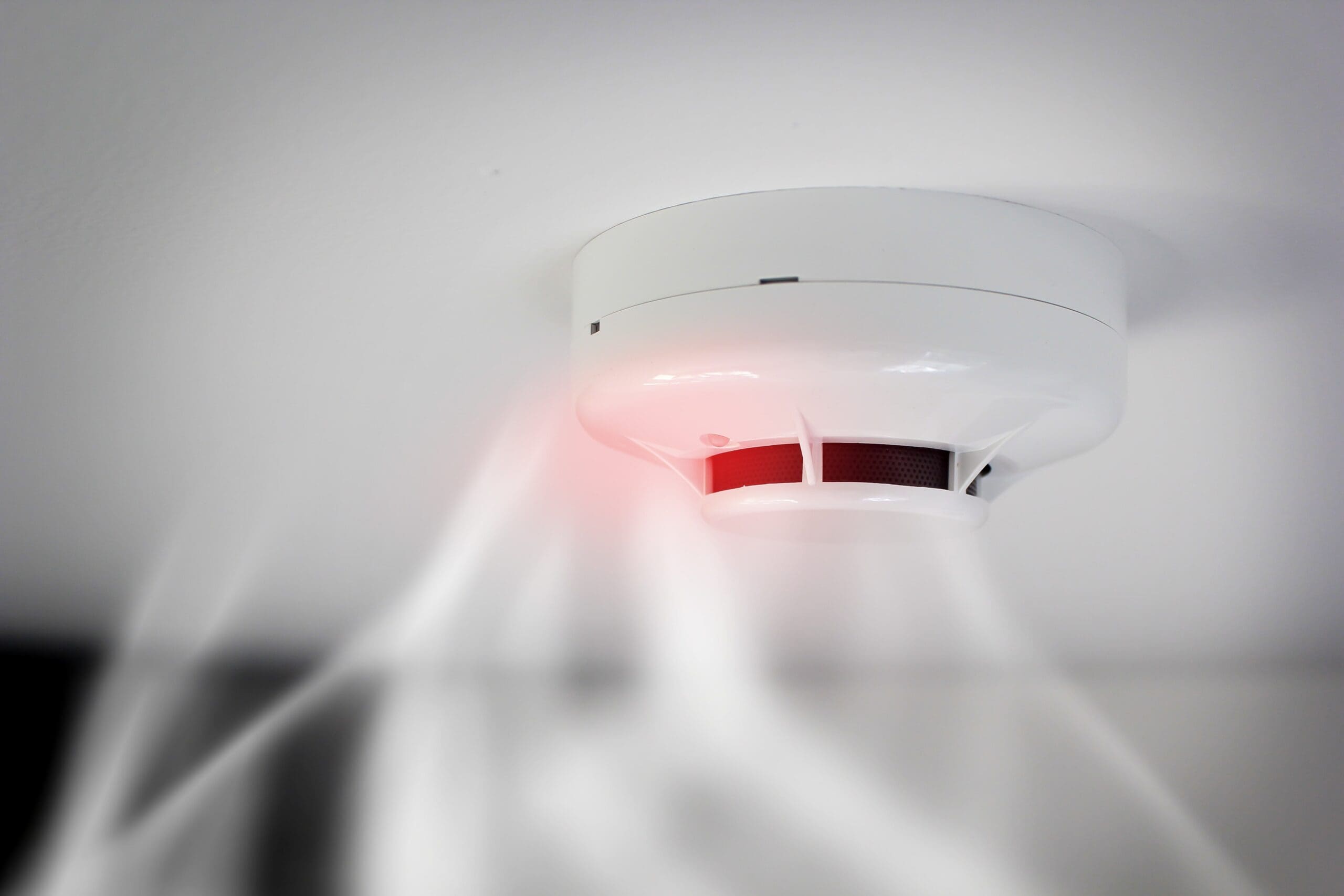
Our process
Speak to us about the processOur team of specialist Electrical Engineers will follow a series of steps, including:


Let’s talk. Ask us anything.
Send one of the team a message
Why choose BES Group?

800+ expert engineers
Our team of skilled engineers possesses a wealth of expertise.
A legacy of 160+ years of experience
We’re always evolving our approach to future proof our services.

35,000 satisfied customers
A strong reputation for providing exceptional service.
Frequently asked questions
What are the different types of Fire Alarm systems?
There are four main types of fire alarm systems:
- Conventional fire alarm systems: These systems are the most basic type of fire alarm system. They have a single control panel that monitors a network of interconnected smoke detectors and fire alarm bells. When a smoke detector is activated, it sends a signal to the control panel, which sounds the alarm. Addressable fire alarm systems: These systems are more advanced than conventional systems. They have individual addresses for each smoke detector and fire alarm bell, which allows the control panel to identify the specific location of the fire. This can be helpful for firefighters and other emergency personnel.
- Wireless fire alarm systems: These systems use radio waves to transmit signals between the smoke detectors and the control panel. This makes them a good option for buildings where it is difficult or expensive to run wires, such as historic buildings or older homes.
- Sprinkler systems: These systems are not technically fire alarm systems, but they are an important part of fire safety. Sprinkler systems automatically release water when a fire is detected, which can help to extinguish the fire quickly.
How often should fire alarm systems be tested and maintained?
Weekly – in commercial properties, all fire alarm systems need to be tested weekly to ensure they’re still working. In accordance with BS 5839, fire alarm systems should be inspected every six months.
Sectors we service
Dive into the diverse landscapes where BES Group sparks innovation and drives impact.
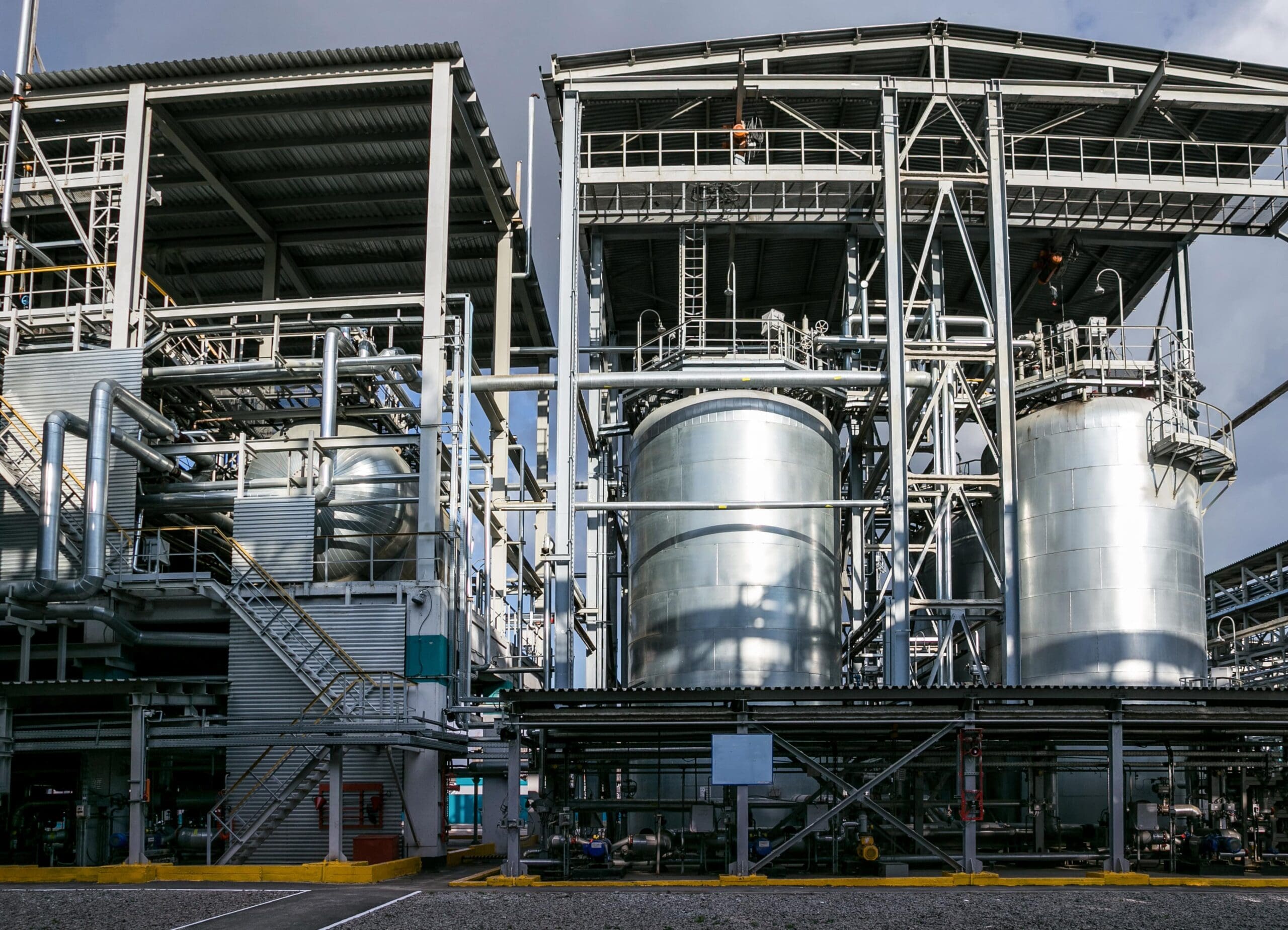
Explore sector
Petrochemicals, Oil and Gas
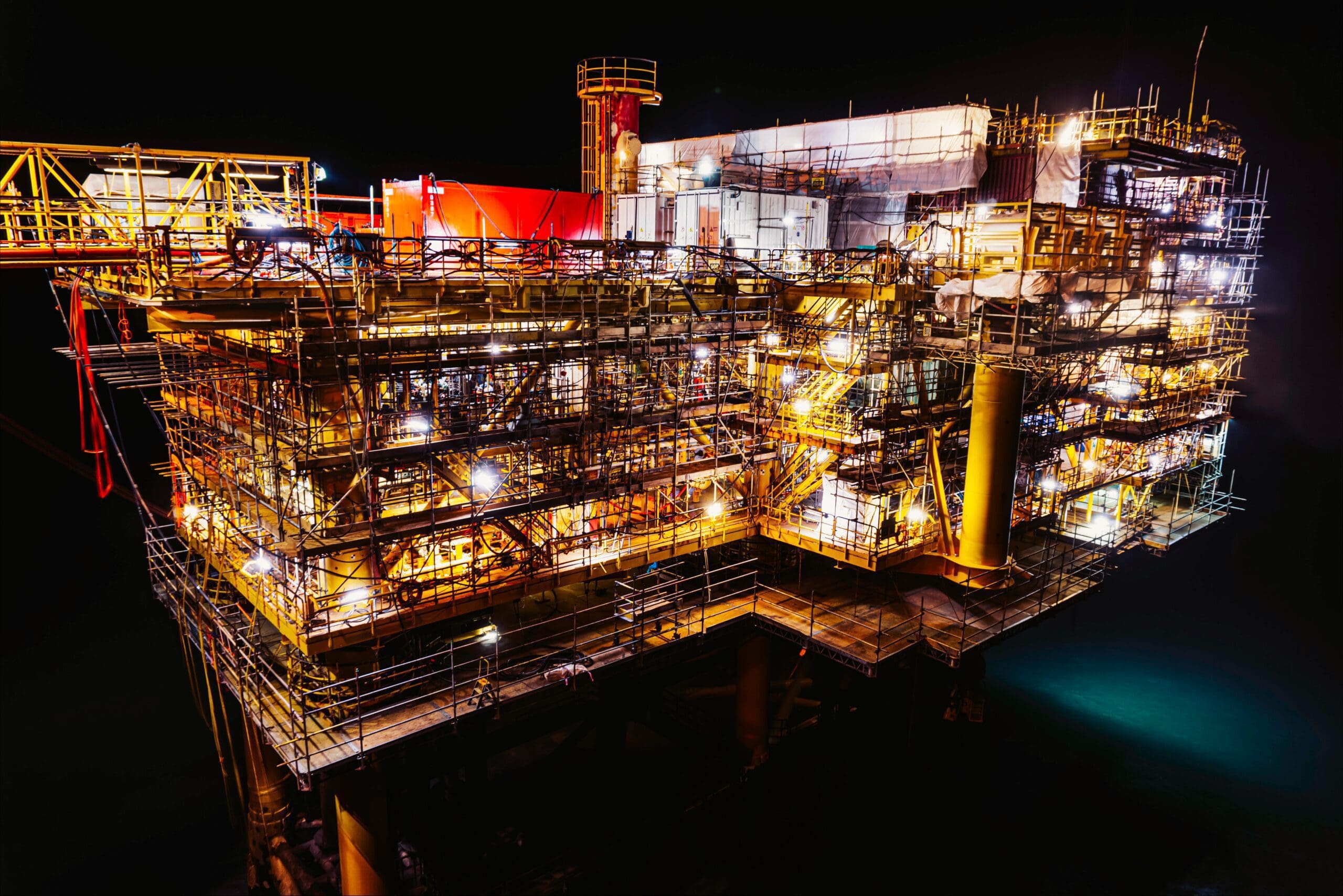
Explore sector
Marine and Offshore

Explore sector
Manufacturing

Explore sector
Hospitality and Leisure

Explore sector
Highways

Explore sector
Aerospace and Defence

Explore sector
Agriculture

Explore sector
Consumer Products

Explore sector
Finance

Explore sector
Healthcare

Explore sector
Insurance

Explore sector
Renewables

Explore sector
Retail
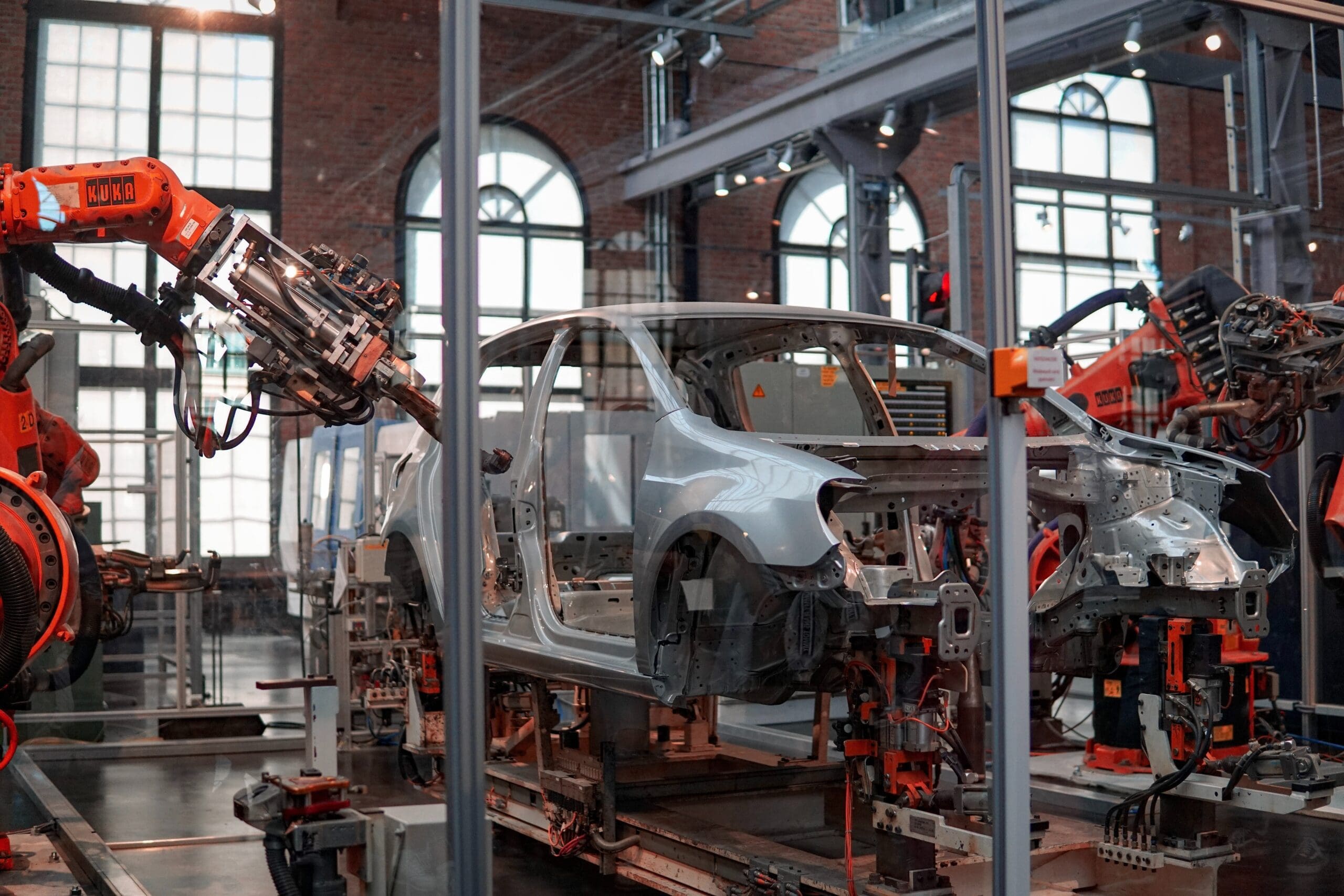
Explore sector
Automotive

Explore sector
Building, Properties and Real Estate
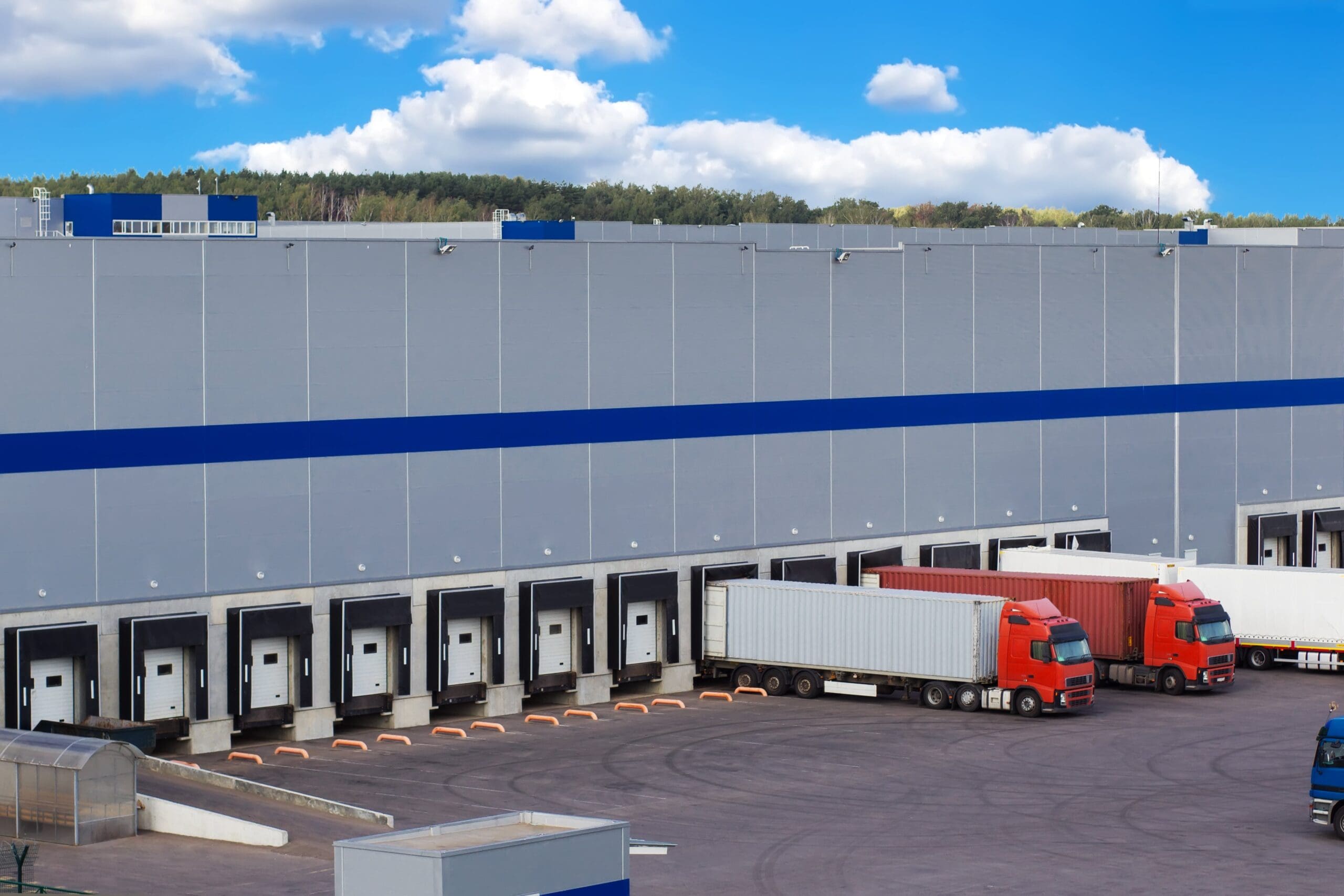
Explore sector
Transport, Logistics and Distribution Centres

Explore sector
Rail


Let’s talk. Ask us anything.
Send one of the team a message
Insights & news
Browse our latest articles
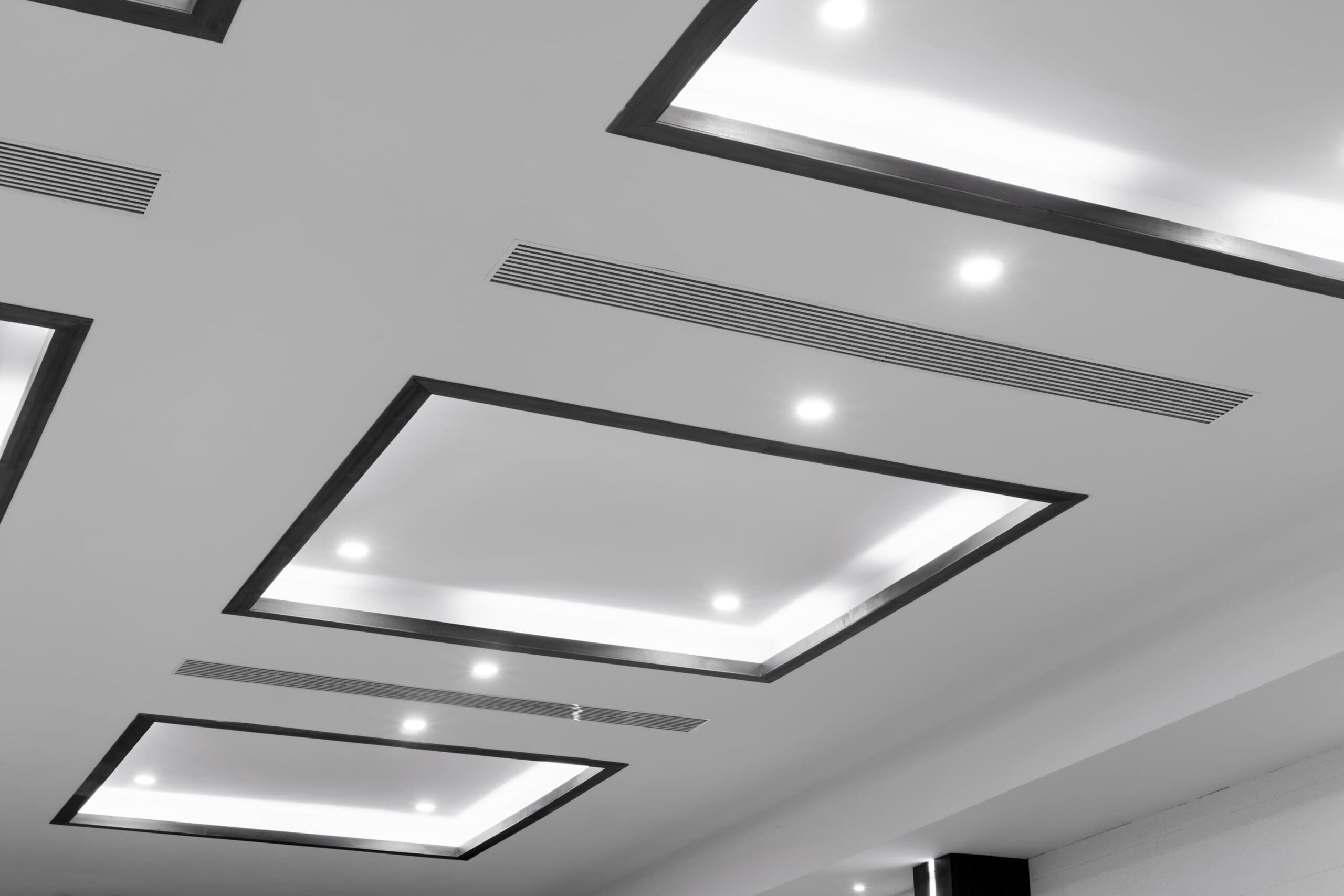
How LED lighting can reduce costs for businesses and the public sector
Electrical

Why has PAT Testing changed its name to Electrical Equipment Testing?
Electrical
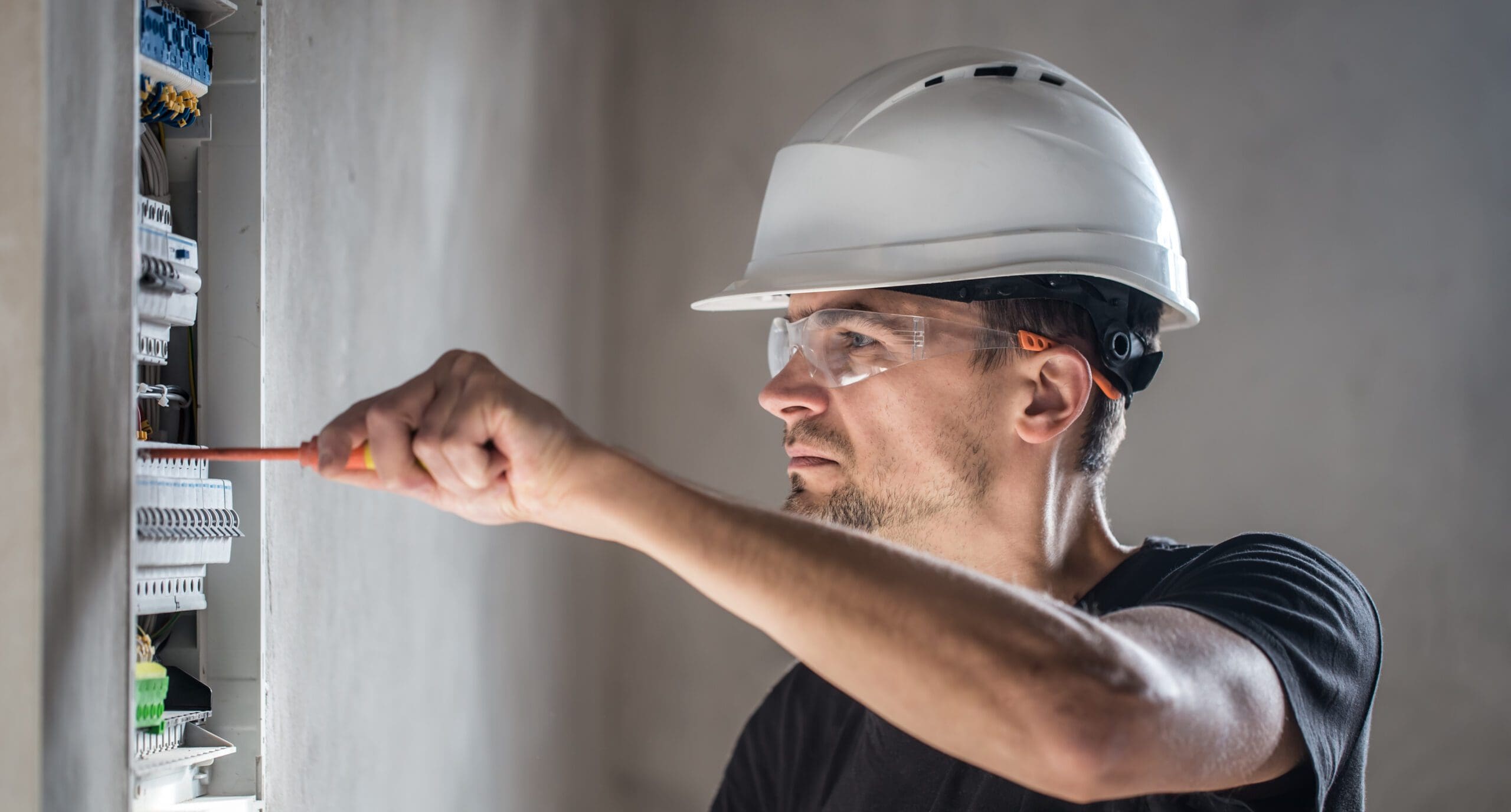
Fixed Wire Testing Guide for commercial premises
Electrical
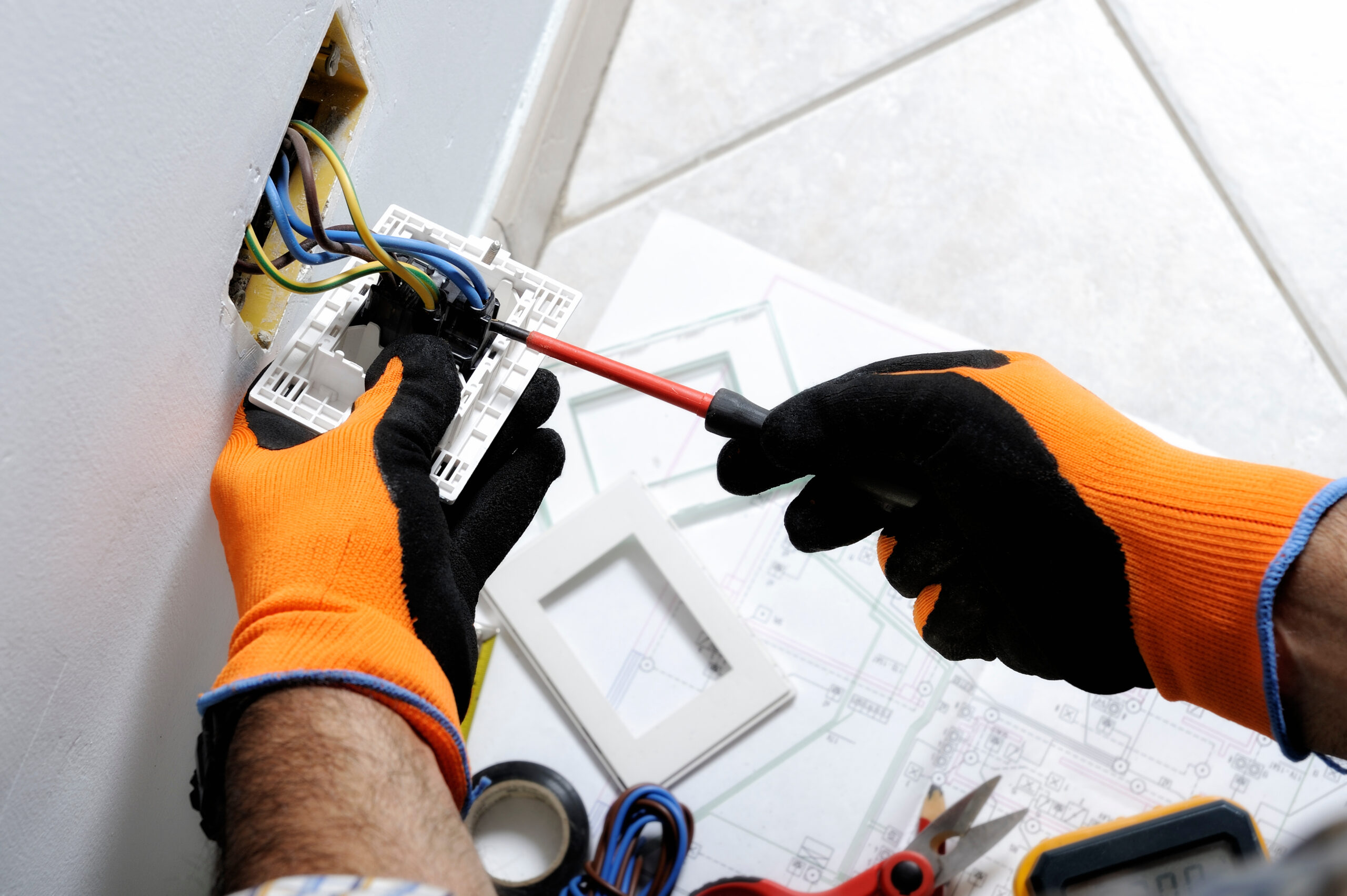
School Shutdowns: A Comprehensive Guide on Electrical Equipment Maintenance
Electrical Inspection

Factory Shutdowns: How to Manage Your Maintenance Operations Efficiently
Asset Reliability Electrical Inspection Testing
Other similar services...
Looking for something else? Explore similar services...
Let’s get you to the right person, fast.
Thank you, enquiry submitted!
Please check your inbox. We have sent you an email receipt of your enquiry.
We treat every enquiry with the upmost urgency. We’ll aim to get in touch with the relevant BES Group specialist and get back to you as soon as possible*.
Thank you again and have a great day.
 About BES Group
About BES Group Accreditations & Credentials
Accreditations & Credentials Our Environmental, Social & Governance
Our Environmental, Social & Governance Careers at BES Group
Careers at BES Group Our Senior Leadership Team
Our Senior Leadership Team




















